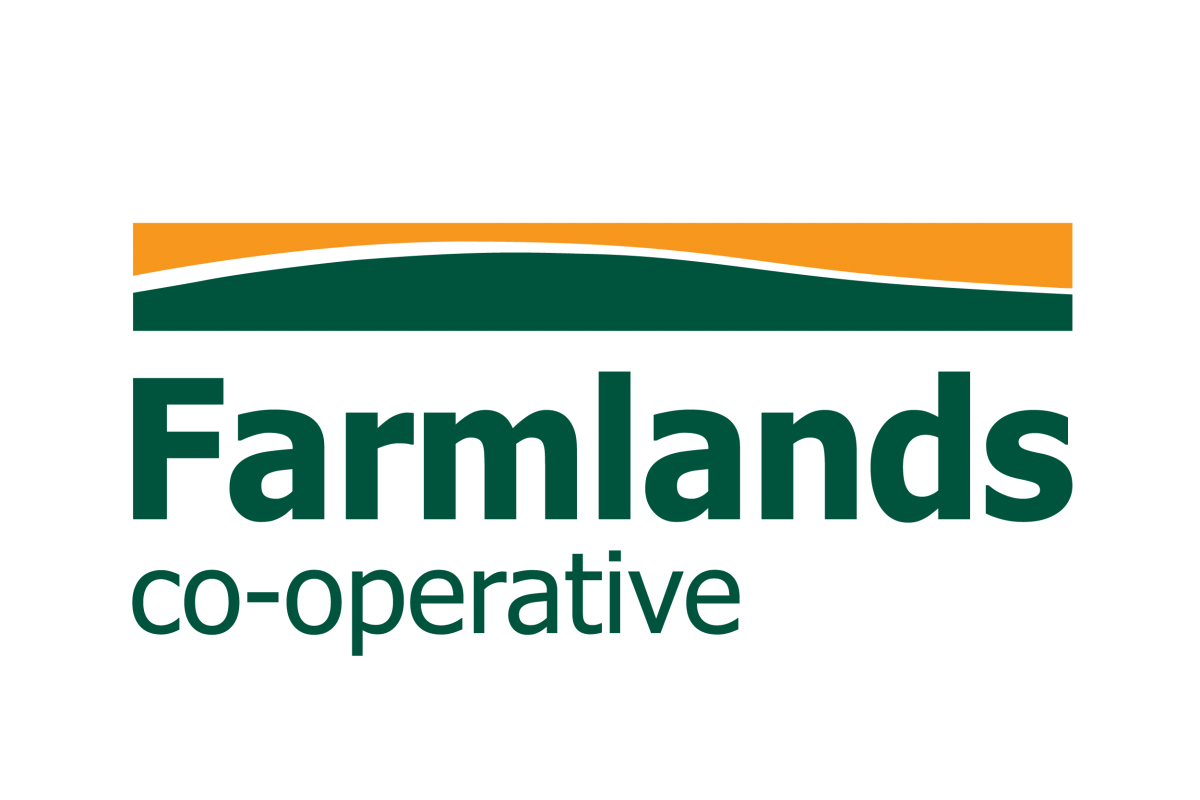Executive Summary
There is little doubt that the environmental cost of food production is becoming a much greater concern to the general public. Since the change in land use of our own property here in coastal Southland from sheep and beef farming to dairying in 2002 there has been a highly effective campaign to highlight the negative consequences for lowland water ways resulting from this change in land use. This has had a significant impact on public opinion which will inevitably have an impact on the decisions of policy makers who regulate our farming practices.
The aim of my study was to look at the result of intensive agricultural land use in the countries I visited and from that see what can be applied to our situation here in New Zealand.
My conclusions are:
- New Zealand animal production systems are much less intensive than those that dominate food production in the northern hemisphere where the majority of animal production is in confined or housed systems. This means they are significantly more energy intensive and have far more animal manure to spread mechanically.
- Nutrient regulation seems to follow mechanical manure spreading, probably due to visibility and odour issues. Pressure for regulation increases with affluence and population density.
- Regulations are invariably the result of public outcry due to incidents of mismanagement. The response of publicly elected regulators does not necessarily follow good science and tends to be prescriptive and overly cautious.
- Prescriptive regulation rarely achieves positive outcomes for the environment as farmers then tend to farm the regulations and it becomes difficult for the game keeper to keep ahead of the poachers.
- Regulators tend to focus on limiting inputs and controlling systems (including stocking rate) when their objective is to reduce nutrient losses.
- Prescriptive regulation of farming systems effectively stops useful on farm innovation, and reduces the incentive for scientific research into mitigation or even efficiency strategies.
- Public opinion towards food production is no longer coloured by the potential for shortage as was the case 50 years ago. With there being no prospect of supermarket shelves going bare, the public are less susceptible to threats that local food producers are unviable.
The majority of farmers see themselves as good custodians of the environment but have no way of proving it. They have little defense when regulators suggest that they are having a deleterious effect and tend to stoically accept the inevitable.
![]() Sustainability of Agricultural Systems regarding Nutrient Losses – Vaughan Templeton
Sustainability of Agricultural Systems regarding Nutrient Losses – Vaughan Templeton


























